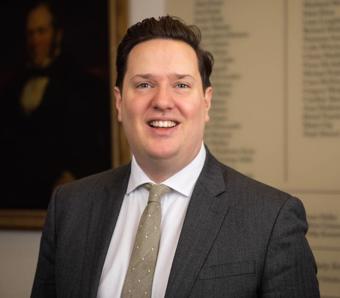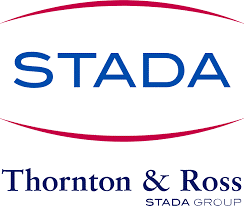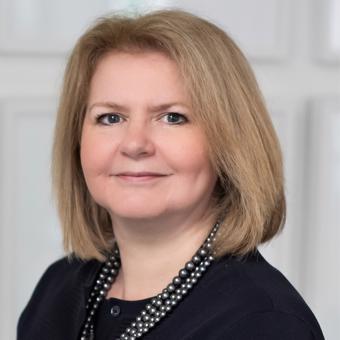Colin Flanagan, chairman of Freeth Cartwright, on mergers & what the future holds
Colin, how did the merger with Henmans come about?
The merger with Henmans is consistent with our growth strategy, which envisages our continuing to extend our geographic footprint.
Why now and why Henmans?
It is particularly exciting for us to be associated with a strong independent firm in the Thames Valley, an area which we see as having considerable scope for our business going forward.
Over the past year or so, you have also merged with Kimbells in Milton Keynes and with KJD in Stoke so had you been proactively looking for other opportunities for a while?
We believe that consolidation is inevitable so we are looking for opportunities constantly.
What do you think will be the key benefits for both businesses?
In addition to the obvious economies of scale, we seek out merger partners where the business mix complements our own. Henmans’ strength in private client, charities, agricultural property and insurance adds considerably to the range and depth of our service offering. From an Oxford perspective, we expect to bring similar benefits to Henmans by providing specialist services – in areas ranging from corporate tax to construction – to its client base.
We understand that Henmans will rebrand as Henmans Freeth once the merger has completed. Is the plan to eventually rebrand all the merged firms under the Freeth Cartwright name?
It is not essential that all members of the group should rebrand as Freeth Cartwright.
The merger increases your presence in Oxfordshire and its surrounding areas but are there any other regions you’re proactively looking at?
We do not expect our consolidation strategy to end with Henmans. We are looking at a number of additional opportunities and expect to widen the geographic base further during the next year or two. We have a different approach to our group structure and we are happy to contemplate firms who wish to retain a degree of independence within the group, as Henmans Freeth will have when the merger goes live on 1 February.
With the legal landscape changing all the time, do you think more law firms will be planning on merging or consolidating over the next few years?
We see this as a time of significant opportunity for the legal profession and believe that there is considerable benefit to be obtained from firms working closely together and sharing services and resources.
Freeth Cartwright has again reported strong profits – why do you think that is when so many other firms are struggling?
Our continued success may be down to several factors, but clearly having a practice which is diverse in both service area and geographic spread is one of the main ones.
Finally, any words of wisdom for readers of The Brief who may be on a merger or consolidation trail?
Each merger needs to be consistent with a coherent strategy to which the firm is committed.










